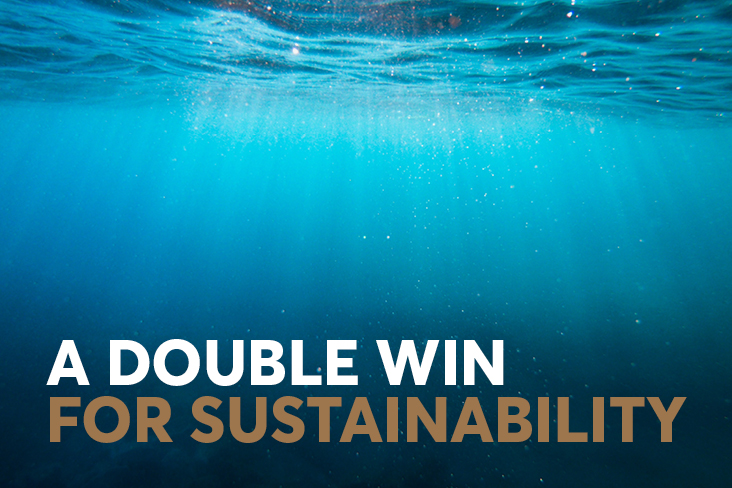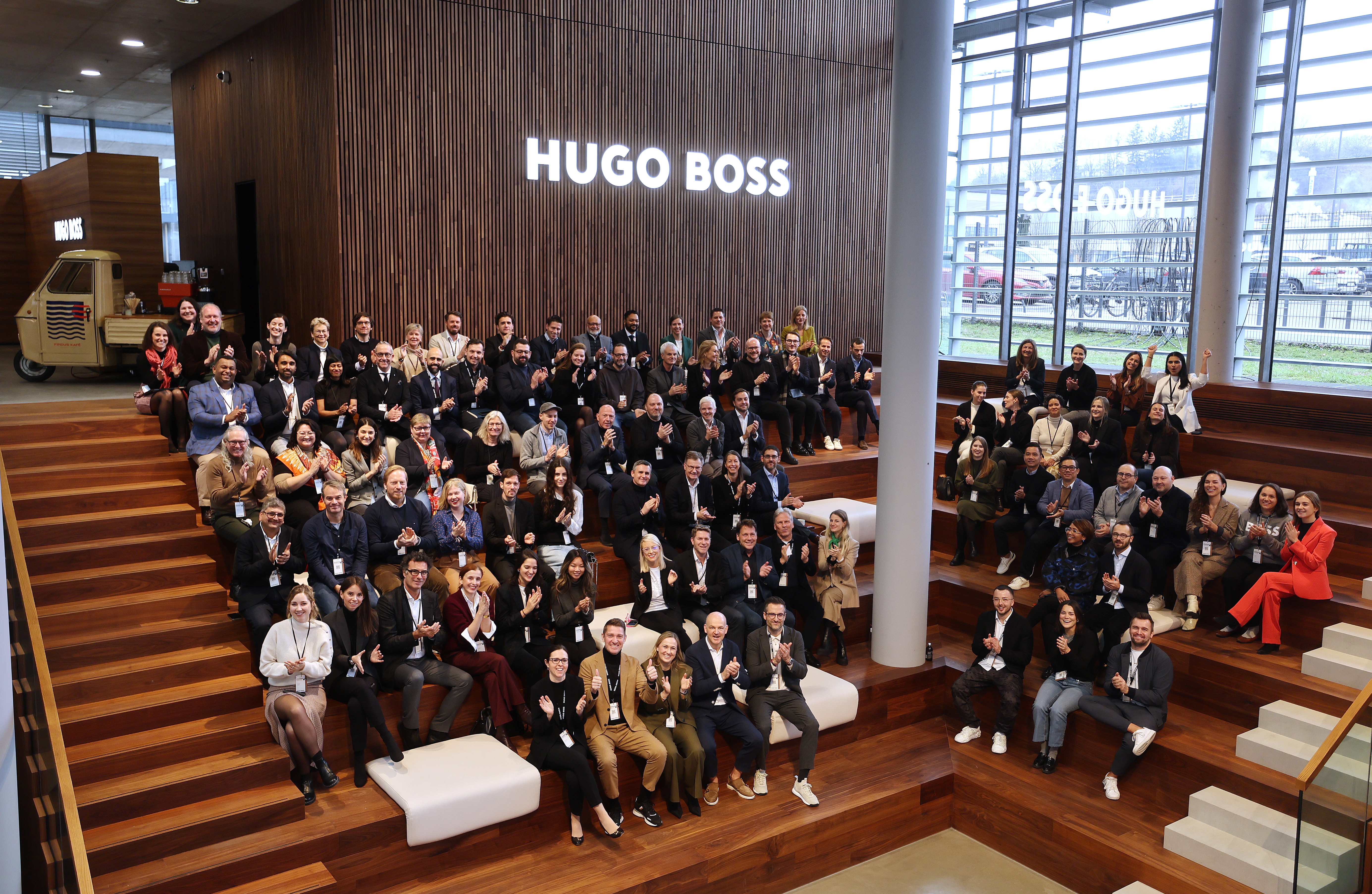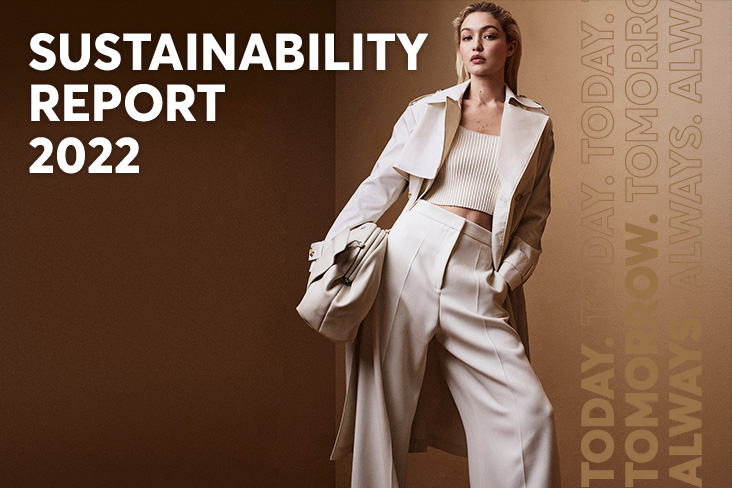- Company
- Investors
- Sustainability
- Careers
- Sponsorship
- Newsroom
WE LOVE FASHION,
WE CHANGE FASHION.
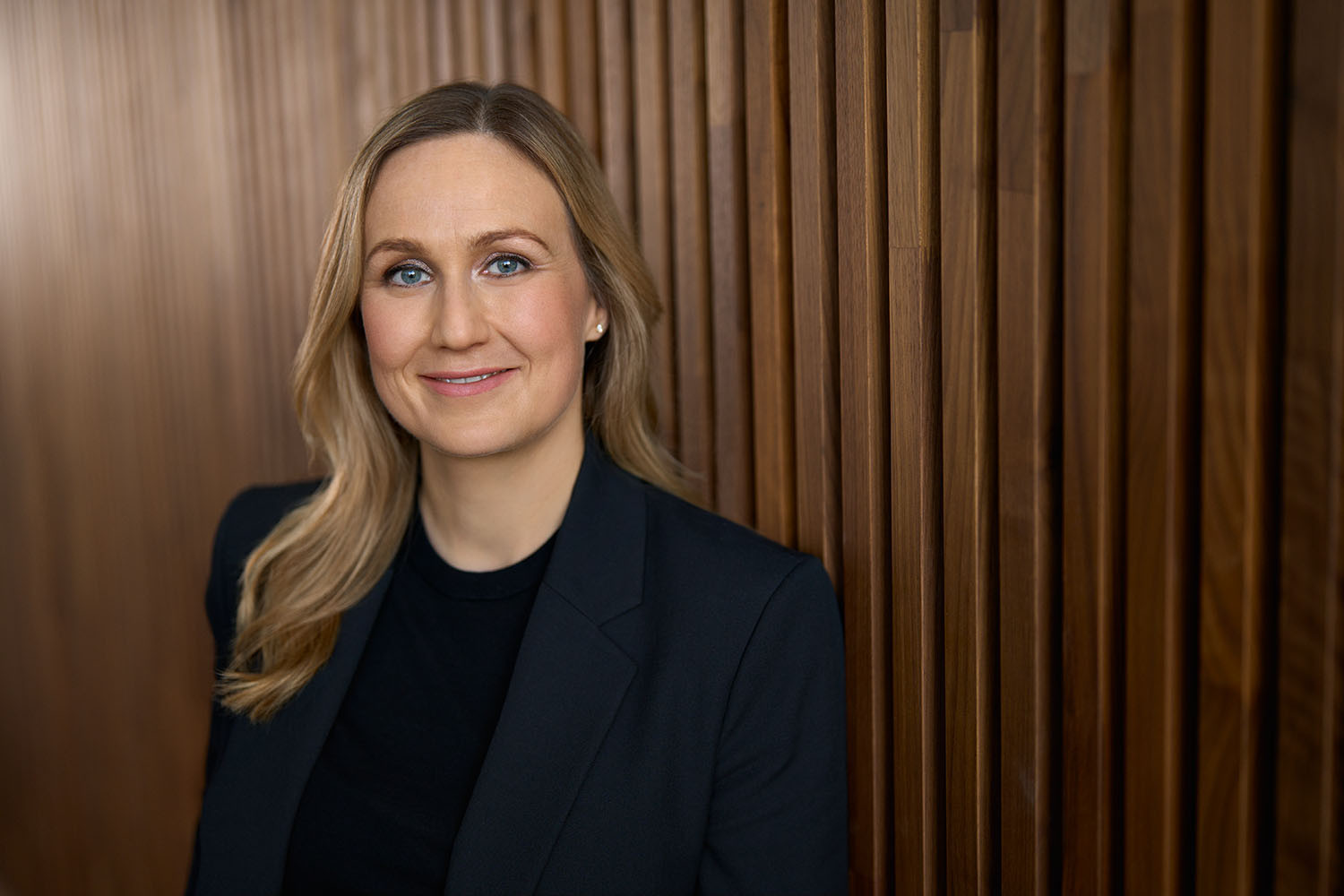
As an international fashion and lifestyle company we have a definite responsibility. Our actions have a global impact in many areas — first and foremost, on the health of our planet.
Overconsumption and waste of resources, water scarcity, and pollution as well as CO2 emissions are major issues currently driving our industry. We want to make a difference: for us, sustainability means caring for a planet free of waste and pollution.
Our sustainability strategy reflects this commitment in five strategic pillars.
Our 5 key strategic pillars

INCREASE CIRCULARITY

DRIVE DIGITIZATION & DATA ANALYTICS

LEVERAGE NATURE POSITIVE MATERIALS

FIGHT MICROPLASTICS

PUSH ZERO EMISSIONS

OUR STRONG ENVIRONMENTAL, SOCIAL AND GOVERNANCE CORE
Alongside our strategic focus, we are of course continuously working on a strong environmental, social and governance core in the areas PRODUCT, PEOPLE and PLANET.
PRODUCT – long-lasting products that meet high social and ecological standards
PEOPLE – social well-being along our entire value chain
PLANET – production processes that are environmentally friendly and conserve resources
This commitment is a significant part of our CLAIM 5 strategy, which sets the path to our our goal of becoming one of the top 100 global brands and, also, of adding value, to society and to the planet. For more information, visit the respective pages on the sustainability section of our website.
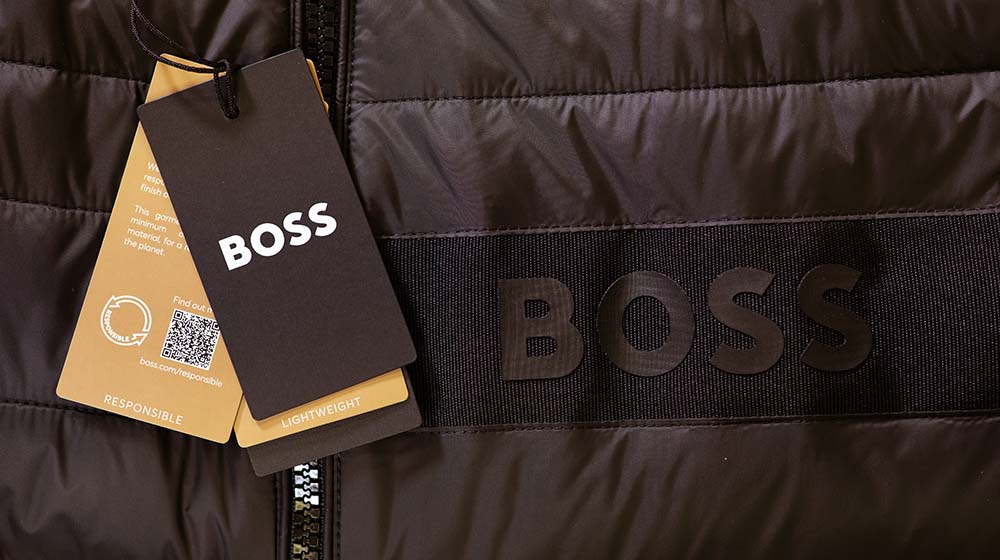
PRODUCT – innovation meets responsibility
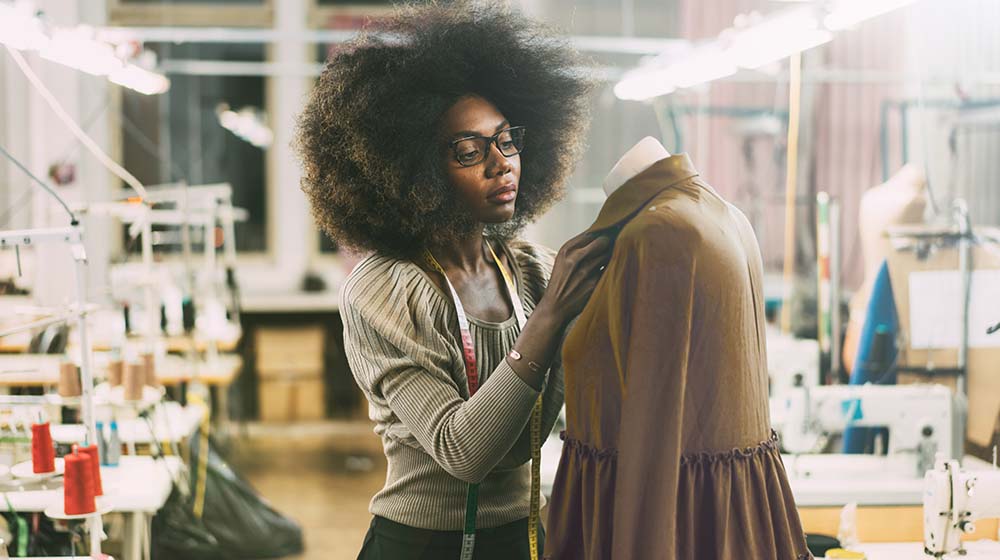
PEOPLE – responsibility for employees and for society, as a whole

PLANET – responsibility for the planet
CREATING VALUE FOR THE FUTURE
Sustainability is a path that we started on a long time ago, and a path we are consistently pursuing. With clearly defined sustainability goals, we are able to generate measurable added value as a company as well as for our environment. From establishing a circular economy within our company to enabling more responsible production processes in our supply chain, and empowering our employees as well as our engagement in our foundation, we are dedicated to a sustainable future through a range of measures and projects.


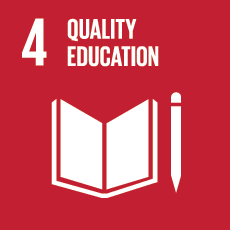
HUGO BOSS considers training and development to be an important contribution to ensuring future success. Therefore
the company attaches great importance to enabling its employees to keep their knowledge up to date continuously. We are also involved in various initiatives and projects, such as our Women's Café in Bangladesh, to promote education in our supply chain.
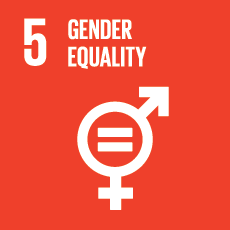
In order to promote diversity within the company, HUGO BOSS has established an internal Diversity Task Force in addition to the organizational anchoring of this important topic in the Global Employee Experience department. It consists of 30 employees from various locations and functions and plays a central role in promoting DE&I at HUGO BOSS. Several working groups have been set up for this purpose in order to raise awareness of diversity and emphasize the importance of diversity throughout the company.
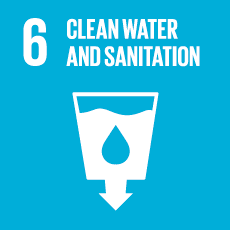
The careful use of natural resources such as water is an essential part of our environmental commitment. In addition to reduced consumption, it is also important to keep the resource as pure as possible where it is needed by means of professional chemical management.
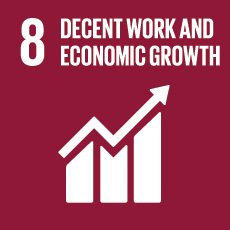
Our comprehensive HUGO BOSS Supply Chain Sustainability Program covers both our finished goods and our fabric and trimming suppliers. In addition, HUGO BOSS is committed to improving working conditions in the supply chain through initiatives such as the Partnership for Sustainable Textiles.
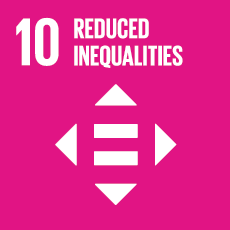
It is our aim to promote equal opportunities in general and women and diversity in particular. We also contribute to reducing inequalities through our education projects and engagement for our employees.
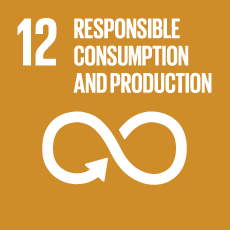
We are constantly working to reduce the impact of our products on our planet. Valuable resources should be kept in the loop for as long as possible. That is why we have developed a circularity strategy. By 2030, 80% of our products, measured by production volume, will be circular.
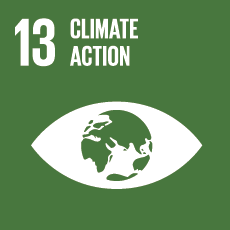
We improve the environmental footprint of our company's own sites, production facilities and shops, and the entire supply chain. Our goal is to achieve net zero emissions by 2050. On the way there, we will reduce emissions in the entire value chain (Scope 1-3) by at least 50% by 2030 in comparison to 2019.
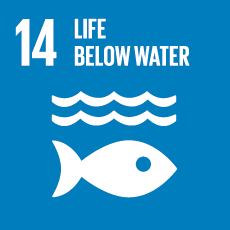
Our goal is to preserve biodiversity in our oceans and waters. A major contribution to this can be made by reducing synthetic fibers: the fewer synthetic fibers, the less microplastics in the oceans. Coral Gardeners, our foundation's strategic project partner, also makes an important contribution here. This organization focuses on coral reef restoration and reviving reef ecosystems with heat-resilient corals, which are adapted to surviving rising ocean temperatures.
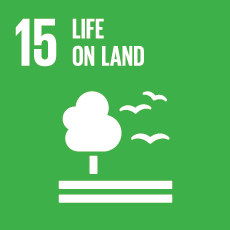
Preserving biodiversity and protecting the climate are particularly important to us at HUGO BOSS. For example, by using more sustainable materials and processing them in an environmentally friendly way, we want to protect valuable ecosystems and reduce the loss of biodiversity on land. Our focus here is currently on the use of materials from regenerative agriculture.
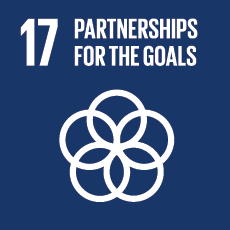
Close collaboration with partners is a prerequisite for HUGO BOSS to meet its sustainability goals. That is why we are active in a number of initiatives and associations, such as the Partnership for Sustainable Textiles and the Leather Working Group.
